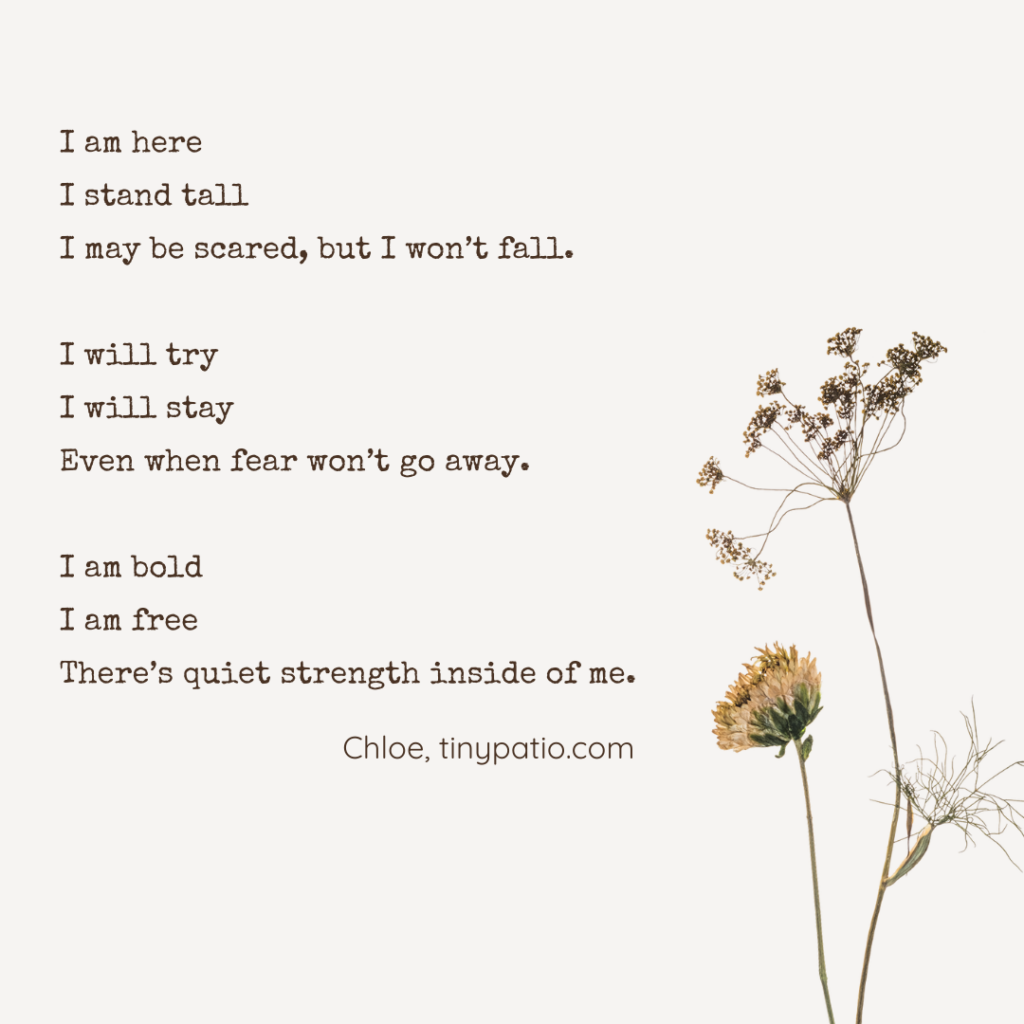Today, let’s talk about FEAR.
The Nature of Fear
Fear is a natural part of being human. It alerts us to danger and prepares our bodies to respond. But not all fear is the same. Some fears come from real, physical threats, while others stem from the ego — our sense of self, identity, and pride.
Physical Danger vs. Ego Danger
Physical danger refers to real, immediate threats to your safety — like facing a wild animal, being caught in a storm, or standing near a cliff edge. Your fear in these situations is your body’s way of keeping you safe. It’s primal, protective, and necessary.
Ego danger, on the other hand, is much more subtle. It involves fear of being judged, rejected, or seen as a failure. These fears often live in our imagination and stem from our desire to protect our self-image.
Understanding the Ego’s Role
The ego wants to maintain a sense of control and importance. When something threatens this — like a harsh comment, a mistake, or a risk of embarrassment — the ego flares up. You might feel anxious or avoid the situation altogether. The problem is, these reactions aren’t protecting you from harm — they’re protecting your pride.
Real-Life Examples
Fear of Failure: You might avoid trying something new because the thought of not doing it well bruises your ego.
Fear of Rejection: You might hold back your opinions or true personality to avoid being disliked or left out.
Fear of Criticism: You might resist feedback, even when it could help you grow, because it feels like a personal attack.
These fears aren’t based on physical harm. They’re rooted in a deep desire to be seen in a certain way.
Compare that to:
Fear of Fire: Your body tenses and you step away to avoid being burned.
Fear of Falling: You feel a jolt when standing too close to a ledge.
Fear of Predators: You run or hide when facing a real threat.
These are instinctive reactions meant to protect your body.
How to Respond to Each Type of Fear
When facing physical fear, it’s wise to listen to your instincts. If there’s a real risk to your safety, it’s okay to retreat, take precautions, or seek help. These reactions can save your life.
When dealing with ego-driven fear, pause and ask yourself: Is this fear protecting my body, or just my pride? Often, the ego exaggerates the danger. A mistake won’t ruin your life. A judgment won’t define your worth. Rejection is part of being human.
Once you recognize ego-driven fear for what it is, you can choose to act anyway. That’s where bravery begins.
Building Inner Strength
Bravery isn’t the absence of fear — it’s the willingness to act even while feeling afraid. Especially with ego-driven fears, the bravest thing you can do is show up as yourself. Speak honestly. Try new things. Let people see who you really are.
Every time you do, you chip away at the illusion that you must be perfect or untouchable. And with each small act of courage, your sense of inner freedom grows.
We all experience fear. Some of it protects our bodies; some of it protects our egos. The key is to know the difference. Physical fear calls for caution. Ego fear calls for compassion and courage.
Next time fear arises, take a breath. Ask yourself what it’s really about. And if it’s just your ego speaking — thank it for trying to help. Then gently, bravely, step forward anyway.


